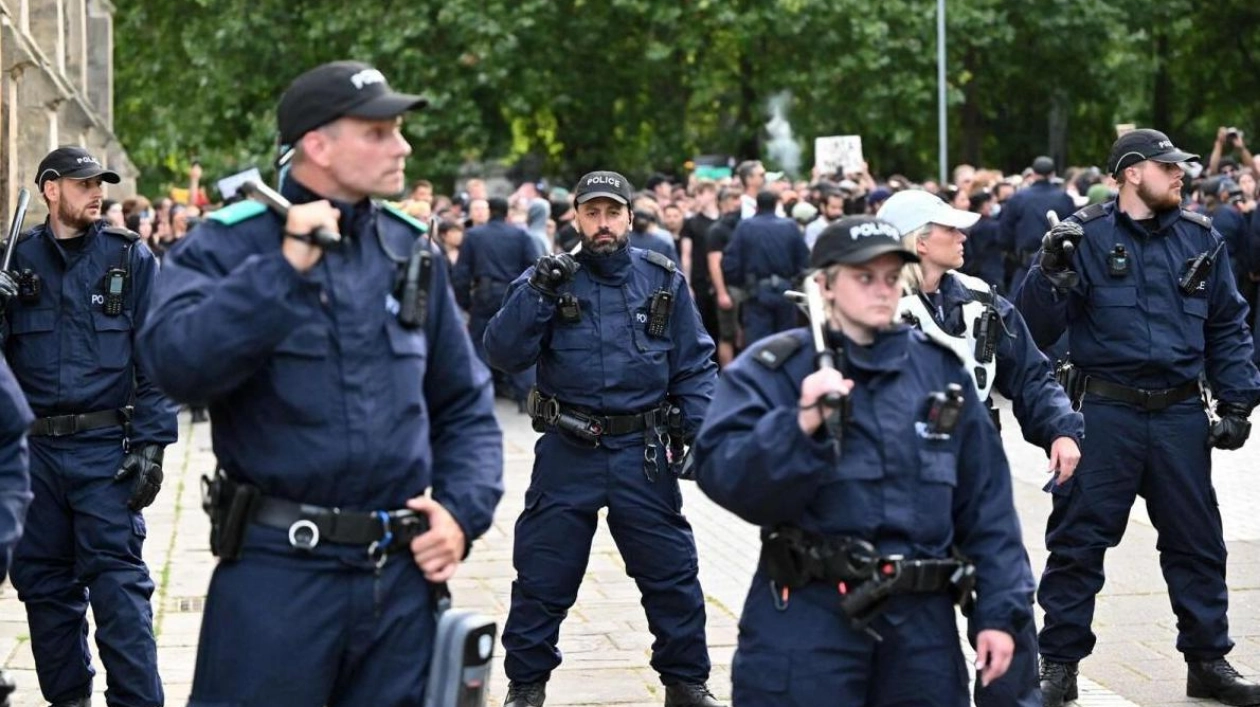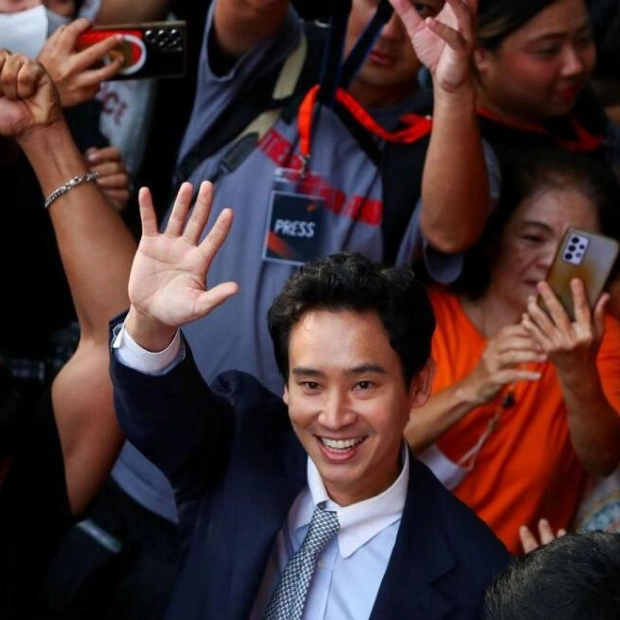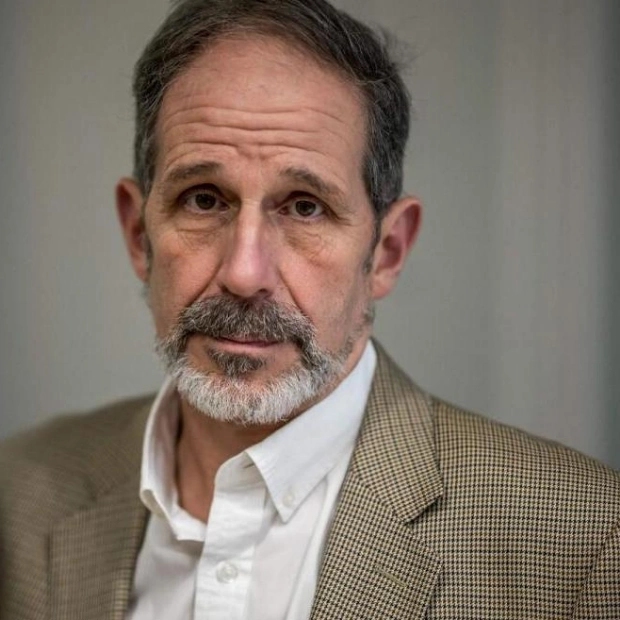Britain has renewed its efforts to expand police authority in regulating street protests, a move that a civil liberties organization has criticized as a troubling neglect of legal principles. Liberty, the group in question, had previously succeeded in contesting amendments to public order statutes enacted by the preceding Conservative administration. In May, the High Court of London determined that the government had overstepped its authority by reducing the criteria for police to set conditions on protests. The Home Office's appeal of this decision was postponed in July, following the Labour Party's victory in the parliamentary elections, to facilitate discussions with Liberty regarding the proposed changes.
The new government of Britain has opted to continue with the appeal, a decision that Akiko Hart, director of Liberty, expressed as disheartening. A representative from the Home Office stated that while all public order laws must be weighed against the essential right to protest, they disagreed with the court's judgment and have proceeded with an appeal. Liberty's legal challenge centered on the Public Order Act, which allows police to enforce conditions on protests that could lead to 'serious disruption to the life of the community'. The Act was revised last year to include protests causing 'more than minor' disruption.
Liberty argued that these new powers essentially granted police unrestricted ability to halt protests, pointing to the arrest of Swedish environmental activist Greta Thunberg in Britain, who was subsequently cleared of any charges. The High Court deemed these new powers illegal but delayed the nullification of these powers until the appeal process is complete.






